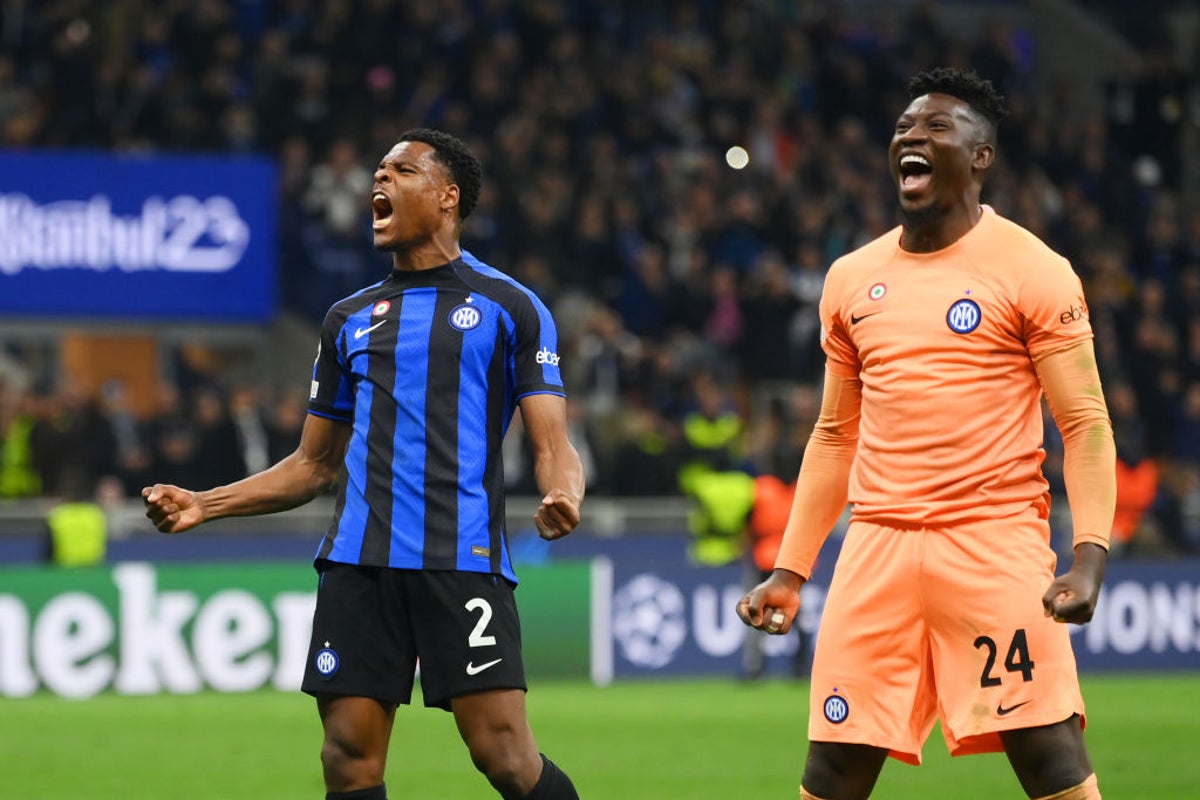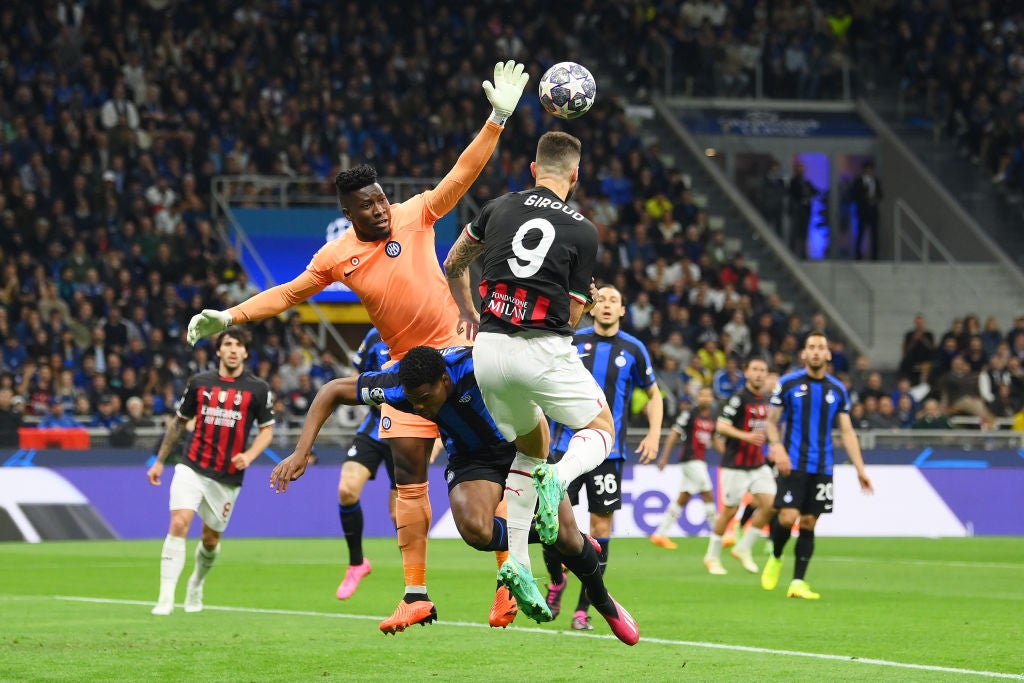
By the time the great escapologist came on, the mission was impossible for AC Milan. Divock Origi had powered one Champions League semi-final comeback from 3-0 down; but not in 14 minutes and not against this Inter Milan. This time he was the afterthought, his introduction overshadowed by Lautaro Martinez’s goal; the goal sent Internazionale to Istanbul, that put the Nerazzurri 90 minutes from the sort of triumph that almost felt outlawed in the Champions League these days.
Inter are European royalty - just the fourth club ever to win its premier club competition, their very name referencing their international identity – but the kind of aristocracy whose brand of faded grandeur can make them appear anachronisms in a world of new money and vaunting ambition.
Signing up for the European Super League felt a desperate attempt to restore past glories. Instead, it may happen in altogether more laudable fashion. The old-timers with the old formula could restore Serie A to the summit of the continental game for the first time since Inter themselves won the Champions League in 2010.
Which, as the years passed, felt a feat to burnish Jose Mourinho’s reputation still further; as Inter finished seventh and eighth and ninth in Serie A, it appeared a last great achievement for a club whose aspirations now, it seemed, could only stretch to rejoining the second tier of continental powers.
When this season’s group stage draw was made, there were reasons to believe Inter were likelier to win the Europa League than the Champions League. Pitted against Barcelona and Bayern Munich, they were perhaps only the third favourites in their pool. Instead, they will be outsiders in the final.
Theirs has not been the most demanding route – they have overcome Porto, Benfica and AC Milan in spring – but that is scarcely Inter’s fault. They may owe their neighbours a debt of gratitude for knocking out Napoli, the outstanding side in this season’s Serie A, in the quarter-finals. Arguably their biggest scalp remains Barcelona, who they faced in October, who they ultimately eliminated.
But here they are, Champions League finalists, shaping their future by borrowing from their past. Simone Inzaghi is a former forward but Inter’s three European Cups have come under managers who were scarcely cavaliers. Back-to-back triumphs in the 1960s were overseen by Helenio Herrera, one of the architects of catenaccio. He helped pioneer the 5-3-2 formation and, if it seems a bit passe six decades on, Inzaghi may be reviving it.
Inter have five clean sheets in six knockout games, albeit interrupted by a frenetic 3-3 draw against Benfica. There have been thrilling games in the Champions League knockout stages in recent years, but Inter took a more traditional path to the final.
The last time Inter defended their way through this stage, it was a masterclass in playing without the ball. Mourinho’s side willingly gave it away and survived with 10 men in the Nou Camp against Pep Guardiola’s Barcelona in 2010. They prevailed in that semi-final, and in this one. This was a different sort of resistance; less a heroic rearguard action, more an exercise in letting the time tick away and, with it, AC Milan’s hopes. They conceded a lone shot on target, even if Andre Onana’s early save came when it felt that Milan were about to celebrate a Brahim Diaz goal.

But for Inter, still counting the cost of Antonio Conte’s expensive Scudetto, recruiting Onana on a free transfer has proved a masterstroke. This defence has been pieced together on the cheap. Matteo Darmian cost just £1.8 million. Francesco Acerbi is on loan from Lazio. They seem throwbacks to the days of ageing Italian defenders who, with the requisite positional sense, could defy time and more talented attackers alike. Their sidekick in the back three, Alessandro Bastoni, is younger, costlier, more gifted and more valuable, but surrounded by the unglamorous veterans.
There is a theory teams can score too early. In a tie that was decided in 11 minutes - a calamitous 11 for Milan – Inter had 173 minutes to defend a lead, nearly all of them with a two-goal advantage that could have been precarious. They navigated it expertly, and then added to it.
The other seemingly outdated element of Inzaghi’s system – and it is scarcely easy to adopt a high-pressing game in a 5-3-2 shape – is the use of a strike partnership, which feels almost obsolete in this age.
And yet it has reaped a dividend, each moving in relation to the other, Edin Dzeko scoring in the first leg, Martinez in the second. Romelu Lukaku had come off the bench for Dzeko and to prod the ball to Martinez. He drilled in a shot and Inter, the club seemingly left behind by the passing of time and the shift in the balance of footballing power, are in Europe’s last two. Again.







